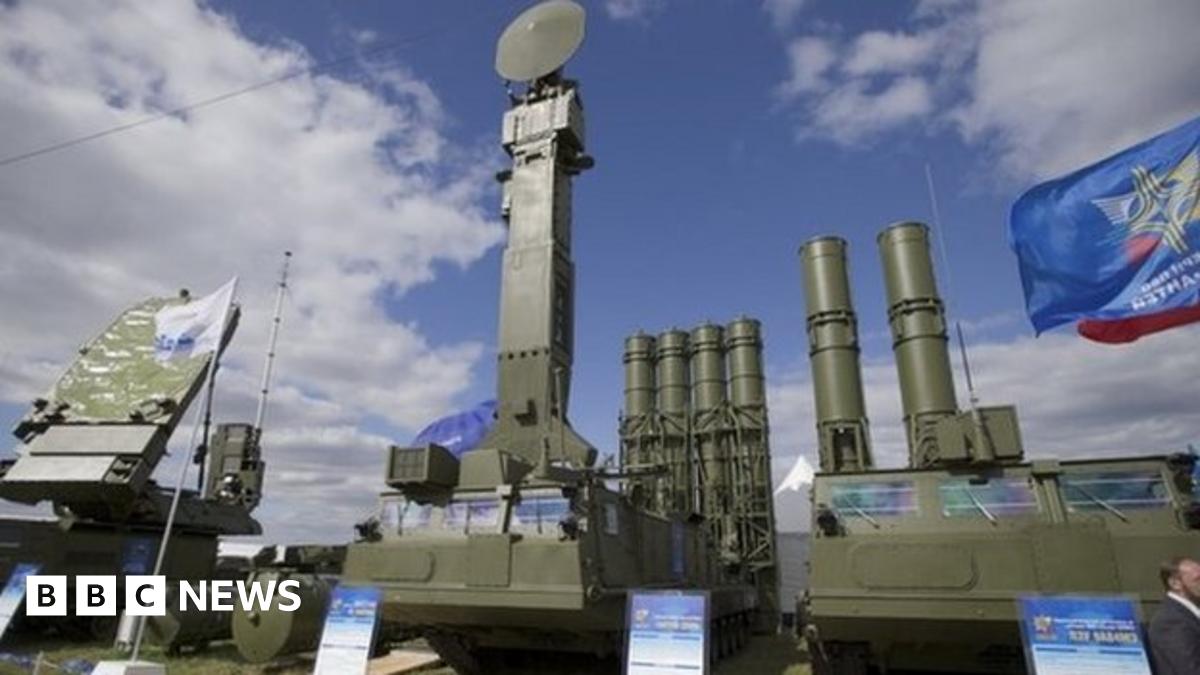Re: Regional geopolitics
Agreed, I started following him on twitter only to see him tweet "Kardashians ruined their reputation by meeting with the Prime Minister" made me realize he doesn't think too highly of our current administration. I think Armenian is headed in the right direction, just need to get Artsakh resolves, and by resolve I mean having azeris come to reality those lands belong to us. Our domestic issues will be solved once Artsakh is settled, considering ~70% of our GDP is spent on military.
Originally posted by Haykakan
View Post











Comment